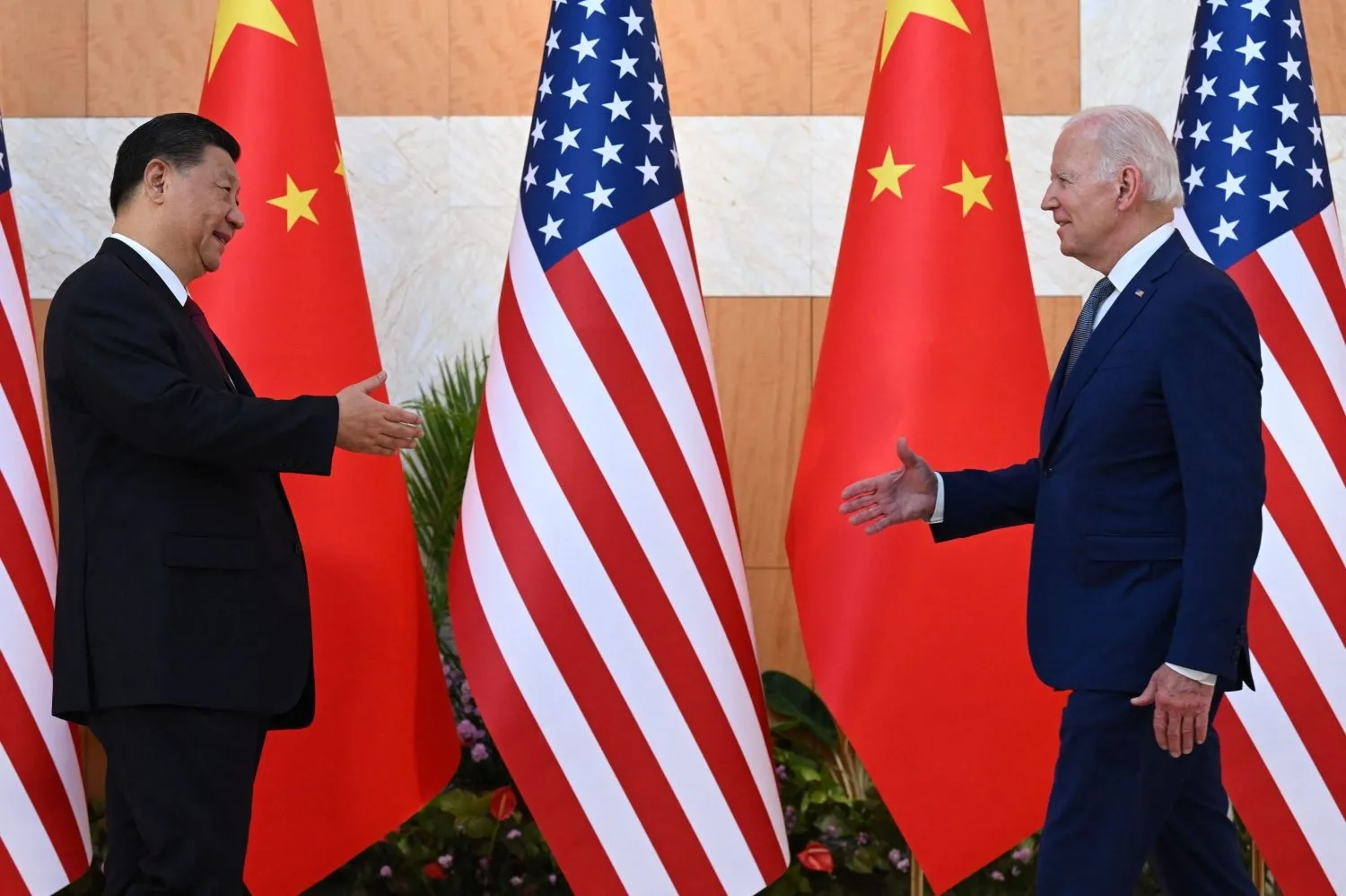The International Monetary Fund (IMF) yesterday announced that the United States (U.S.A) and China account for half of the world’s total indebtedness of $235 trillion, with both countries owing $117.5 trillion.
In its global debt update, titled: Global Debt Is Returning to its Rising Trend, the global monetary fund said in a space of one year from 2021, global debt position rose by $200 billion to $235 trillion, equivalent of 238 per cent of the world’s Gross Domestic Products (GDP), as of 2022.
According to the global financial institution, this is nine percentage points higher than in 2019.
But the IMF laid the weight of the rising cause of global debt on developed nations, fingering China and U.S.A contributing $47.5 trillion and $70 trillion to the debt basket.
It said debt in low-income developing countries has risen “significantly in the last two decades,” adding: “The pace of their increases since the global financial crisis has created challenges and vulnerabilities.”
In the global debt update anchored by three senior officials of the IMF – Vitor Gaspar, the Director of Fiscal Affairs Department; Marcos Poplawski-Ribeiro, Deputy Director; and Jiae Yoo, an economist – the IMF warned policymakers to be steadfast and “unwavering over the next few years in their commitment to preserving debt sustainability”.
On modalities for addressing the debt challenges, the IMF advised governments to take urgent steps to reduce debt vulnerabilities and reverse long-term debt trends.
It also said building a credible fiscal framework could guide the process and help the fiscal authority to balance spending needs with debt sustainability to address public sector debt vulnerabilities.
For low-income developing countries, the IMF said improving the capacity to collect additional tax revenues was key.
It advised those with unsustainable debt to adopt a comprehensive approach that encompasses fiscal discipline as well as the debt restructuring option.
IMF added: “Importantly, reducing debt burdens will create fiscal space and allow new investments, helping foster economic growth in coming years. Reforms to labour and product markets that boost potential output at the national level would support that goal. International cooperation on taxation, including carbon taxation, could further alleviate pressures on public financing.”

